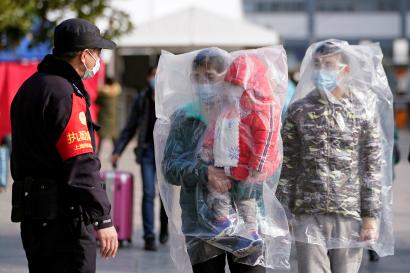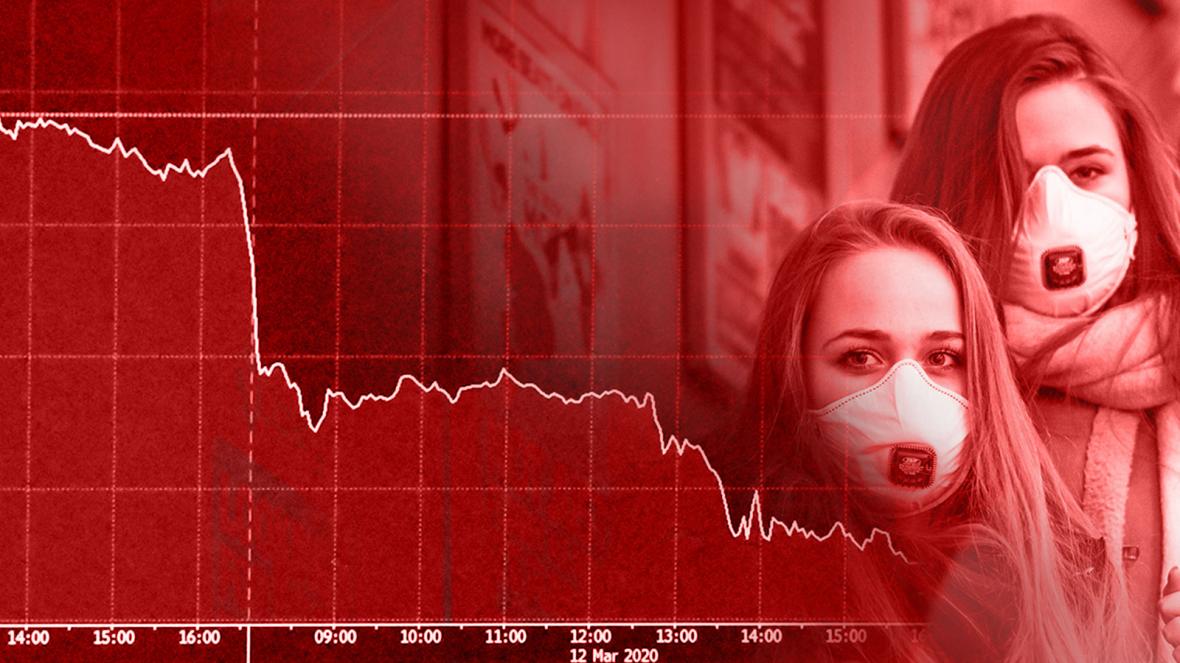In 1976, I received the rank of eagle scout. Achieving the rank of eagle required a lot of work and preparation. I still remember most of what I learned including the motto “be prepared.” Being prepared is important in all stages of life.
Whether you are a high school student, entering a university program, beginning a new career, starting a family, or entering retirement; the process will be much easier if you are prepared. It is easier to prepare for some things than others, especially where the boundary conditions are well understood. For example, a college program generally has a defined syllabus and expectation to achieve the desired degree.
When a young person marries and starts a family, the future path is not clearly defined, however; there are good examples to follow. In addition, the couple each brings into the marriage lessons they learned from their own family (good or bad examples).
But how do you prepare for something that has never happened or rarely occurs? This is more difficult.
Lately, the coronavirus is the major headline of most news reports. With the threat of coronavirus, particularly as the disease spreads throughout China, the far east, and into parts of Europe; it is reasonable to expect the spread will be similar in North America and the United States.
But even if the United States can contain, slow, or even stop the virus from spreading, the effects will be felt, and all people will feel the impact.
The United States is a part of a world economic community. It’s easy to forget this as most citizens of this country live like royalty compared to the rest of the world. You don’t have to travel very far to see the disparity. Travel north to Canada and enter a supermarket.
Even in Canada, the number of choices on the supermarket shelves is a fraction of what we have in the U.S. Travel south to Mexico and the difference is much more pronounced. So, the ripple effect of supply chain issues in China and Europe may not be felt as quickly by the average US consumer. After all, there are still choices on the shelves of most consumable items.
In the industrial and business world, the effects of supply issues in China have an impact on U.S. production.
At first, the effect may not be significant, but in time the supply chain will be strained, and the U.S. economy will be impacted.
In fact, for the last full week of February, investors on Wall street reacted and the markets plummeted.
Although recent market declines have been associated with oil pricing in large part, there can be no doubt that the coronavirus reports have influenced investors.
Be prepared. How does one prepare for these kinds of issues? How does an American family prepare for what could be a health and economic crisis? How does an American business protect the business and the employees from supply chain issues that could shut down the company? What if the coronavirus requires U.S. workplaces to close either to stop the spread or because large numbers of employees are too ill to work?
Although the impact has already been significant, we can be hopeful that ongoing concerns of the virus are exaggerated. The coronavirus scare really begs the question, how prepared are American businesses for a widespread crisis.
I would venture to say that most businesses, particularly small businesses have no plan and no idea how to deal with this kind of problem.
Be prepared. The coronavirus isn’t the only worldwide issue that could impact business. Another terror attack like 9/11, an economic collapse in Europe, or a trade war in the far east could all have impacts on our families and businesses. Perhaps we should all take some time to understand risks of worldwide and local events that could stall our businesses before these events come to pass. Good, common sense planning may be all that’s necessary.
Please don’t misunderstand. I don’t advocate “doomsday” planning or trying to invent ways to avoid imaginary or extremely unlikely issues. Understand that those in your influence (family, co-workers, customers, and suppliers) need businesses to complete the due diligence to provide reasonable protections. Each business, each family, each person is unique so take the time to think about your specific sphere of influence and how you can help others as well as ourselves as we all maneuver through these challenging times.
 About the Author: Paul V. Kumler, P.E. is president of KTM Solutions, an engineering company that services the aerospace and large-scale manufacturing industries. In addition to aero structures engineering services, KTM Solutions designs and builds tooling supporting a broad clientele and various industries. www.ktmmechanical.com The company is headquartered in Greer, South Carolina with remote offices in Charleston, South Carolina. Mr. Kumler serves in several volunteer roles including the SC Aerospace Advisory Board. Mr. Kumler, a professional engineer, is licensed in Louisiana, South Carolina, Texas and Washington. He is married to Ginger A. Kumler. Together, they have two grown children and two grandchildren.
About the Author: Paul V. Kumler, P.E. is president of KTM Solutions, an engineering company that services the aerospace and large-scale manufacturing industries. In addition to aero structures engineering services, KTM Solutions designs and builds tooling supporting a broad clientele and various industries. www.ktmmechanical.com The company is headquartered in Greer, South Carolina with remote offices in Charleston, South Carolina. Mr. Kumler serves in several volunteer roles including the SC Aerospace Advisory Board. Mr. Kumler, a professional engineer, is licensed in Louisiana, South Carolina, Texas and Washington. He is married to Ginger A. Kumler. Together, they have two grown children and two grandchildren.




Be the first to comment on "Is South Carolina Prepared for the Coronavirus?"